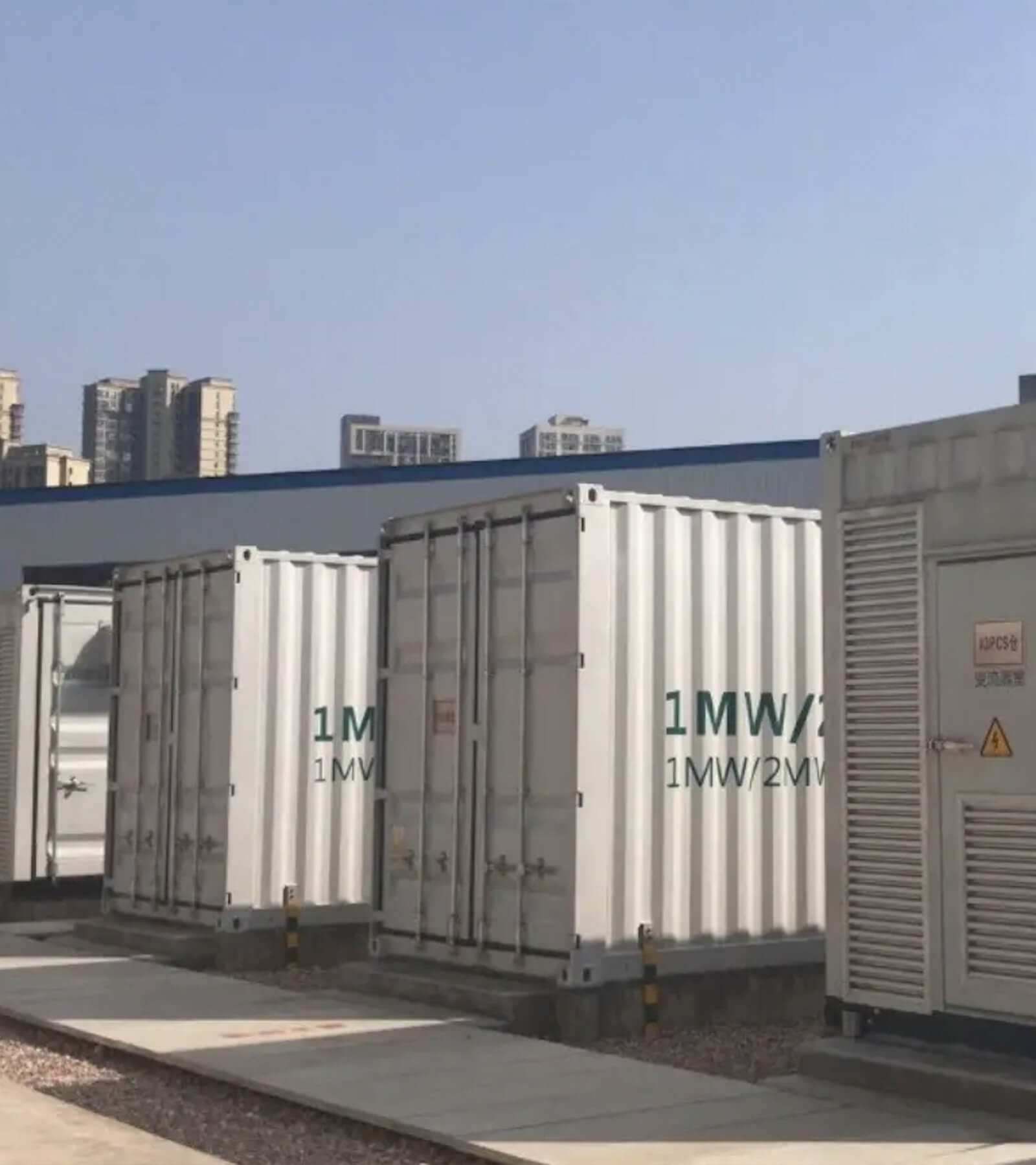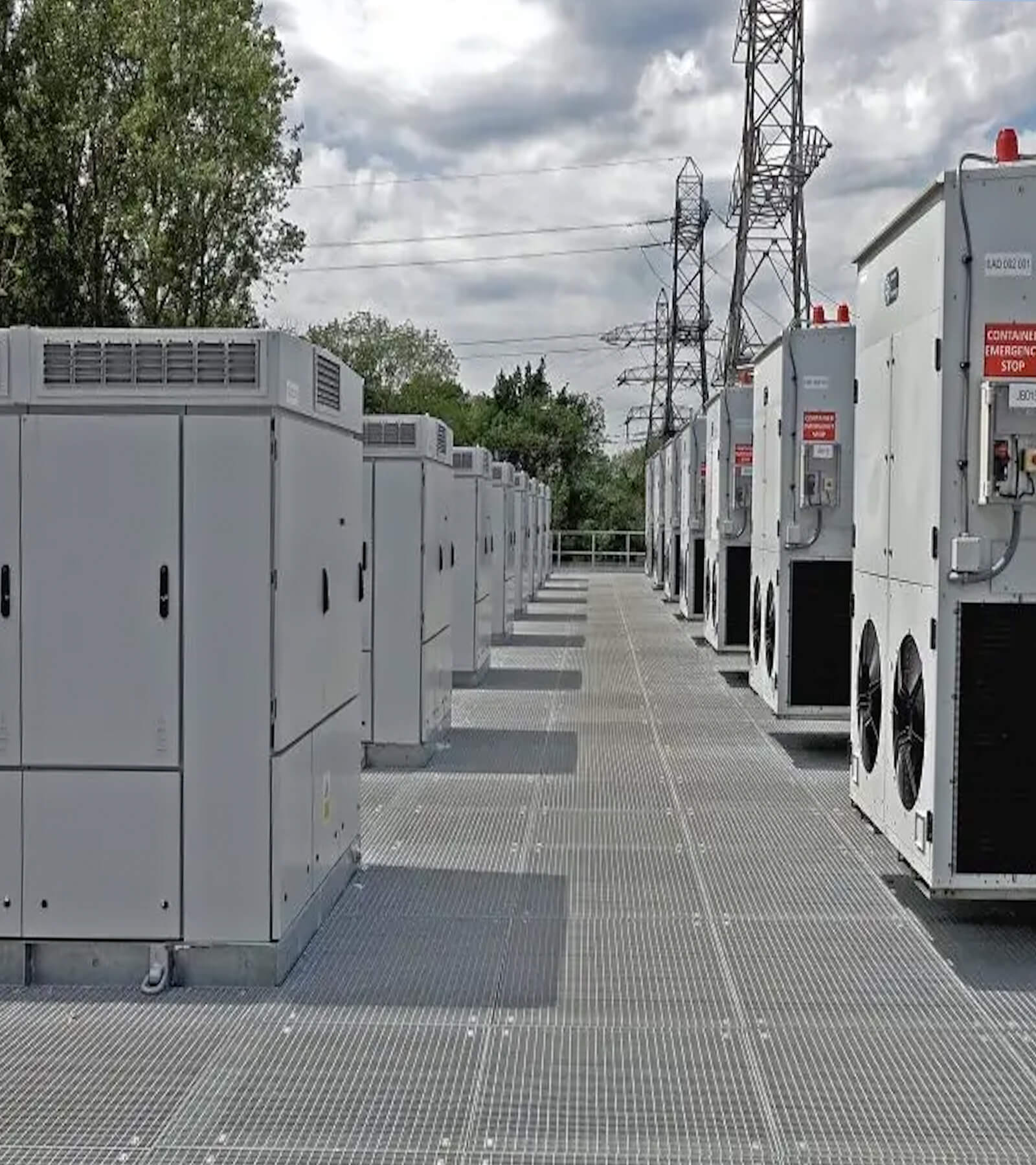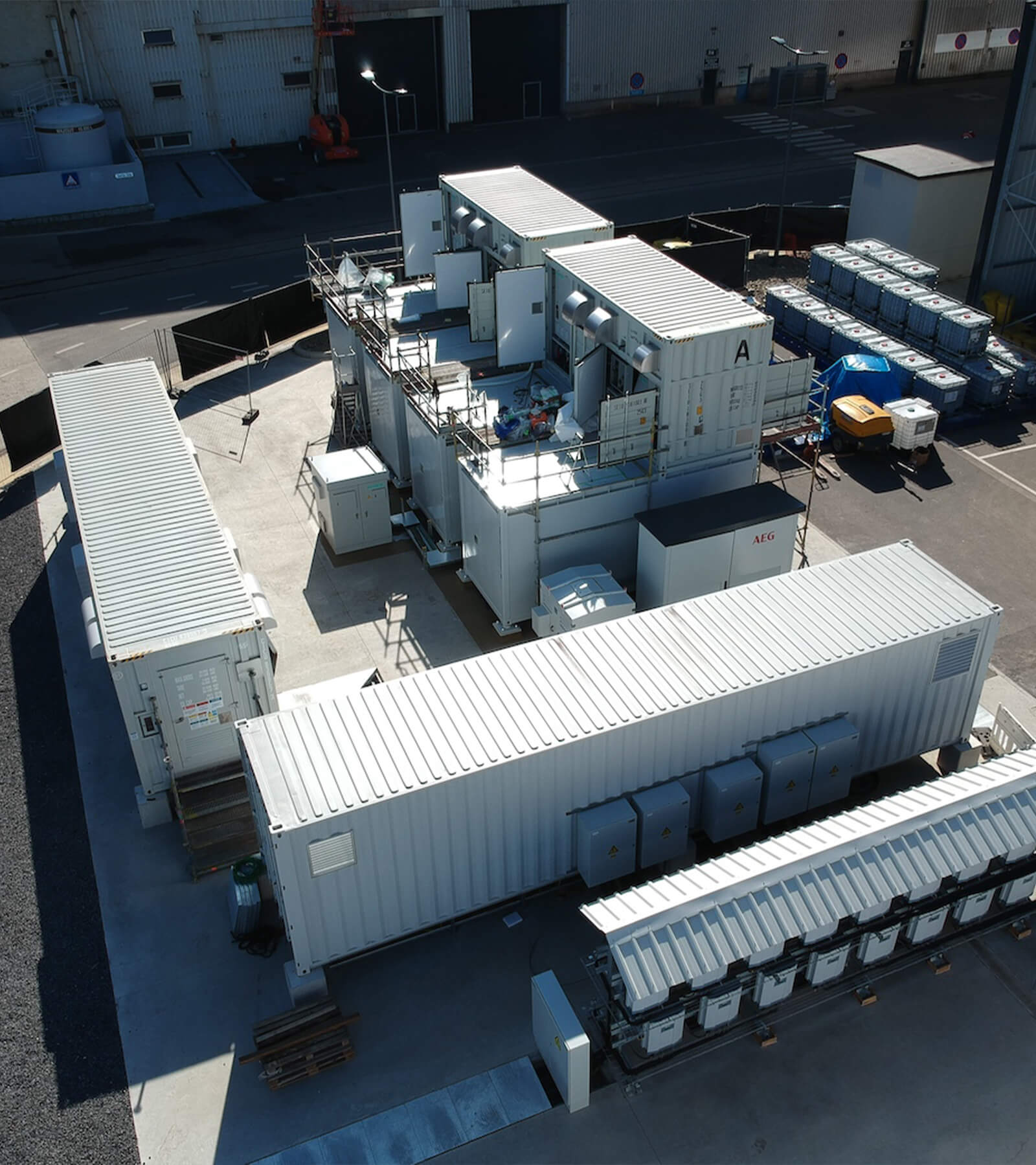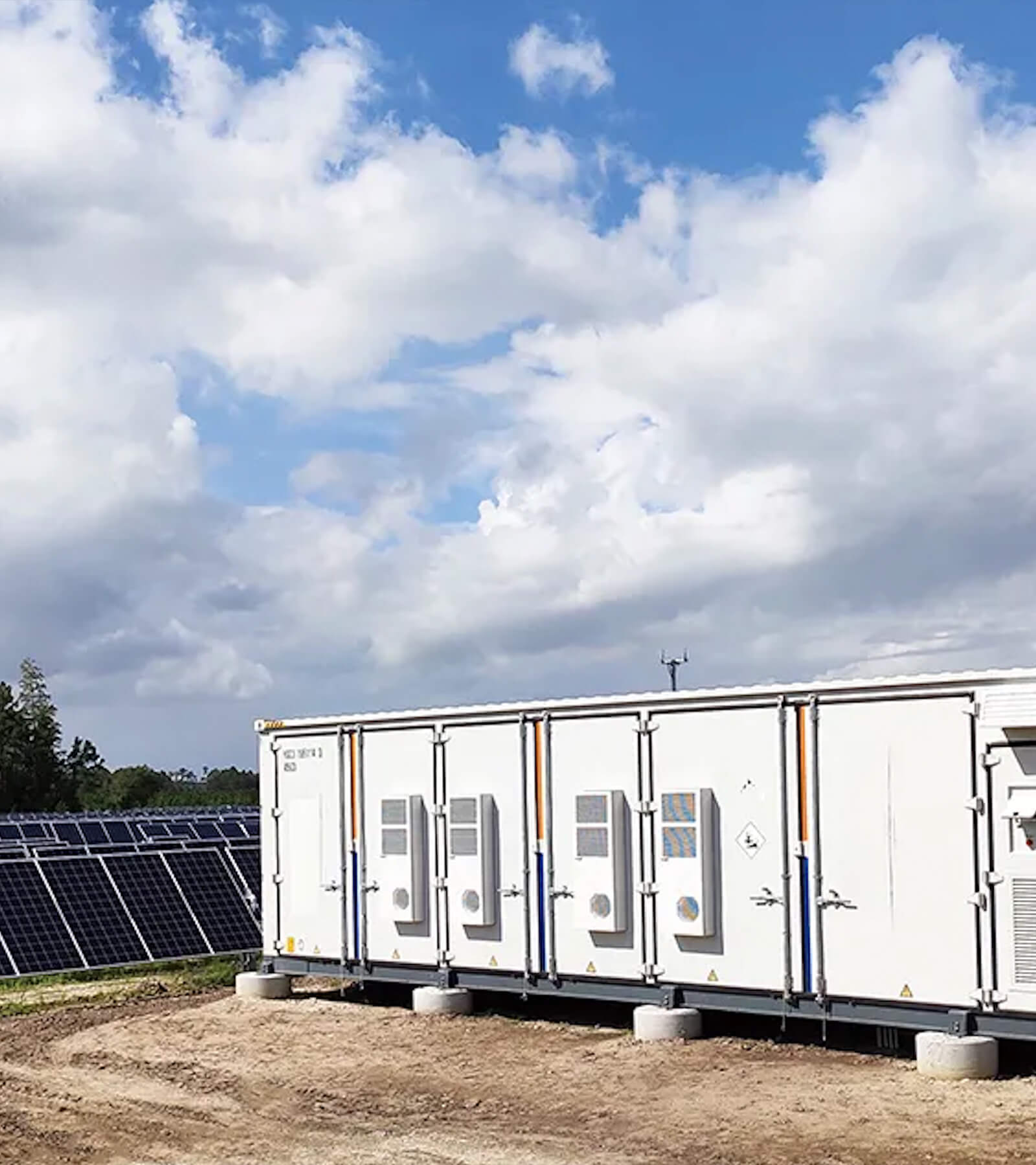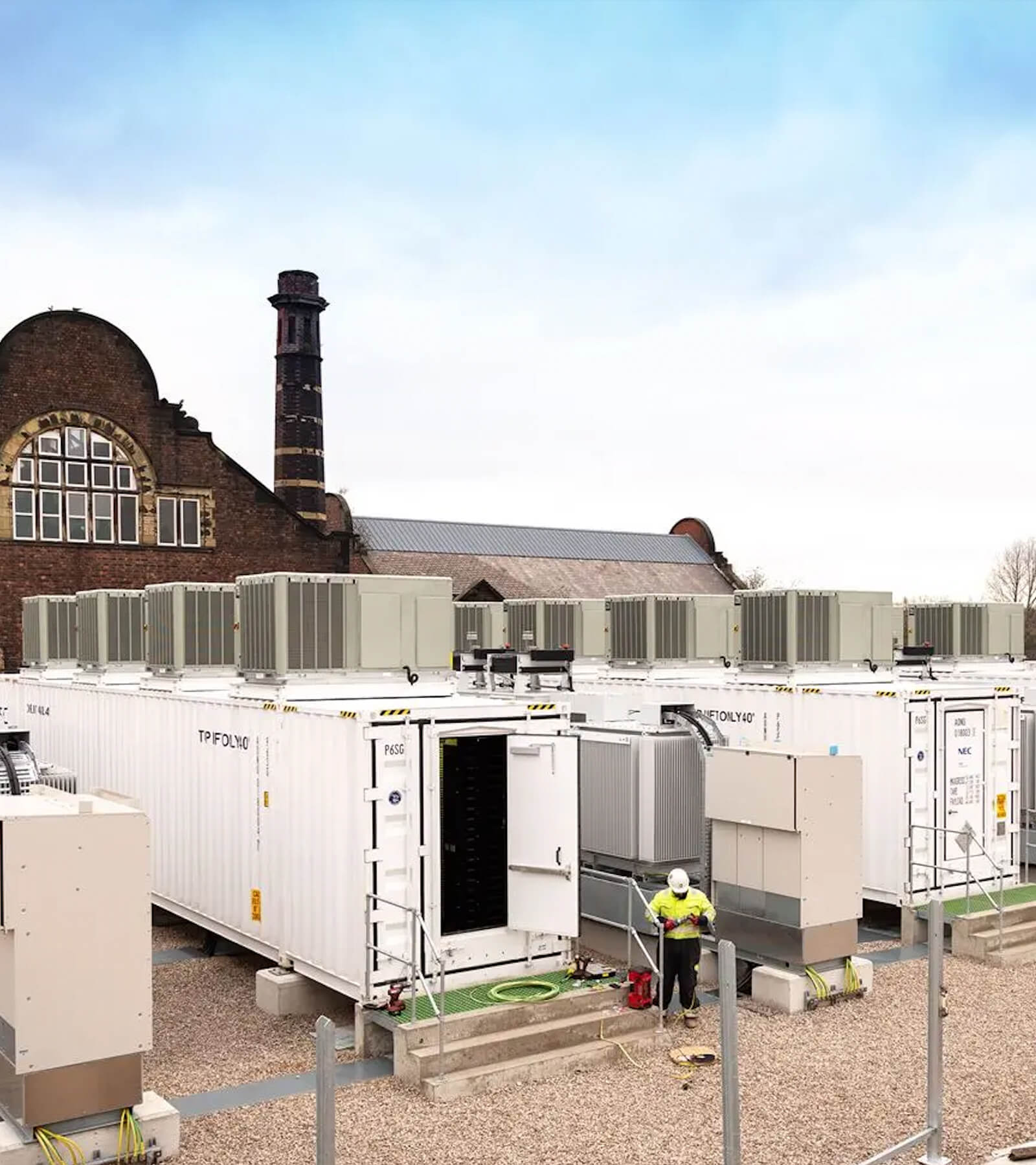For off grid power storage systems, the choice of battery is crucial. Batteries not only determine the system’s reliability but also its cost-effectiveness over time. At Maxbo, we prioritize using high-quality batteries with proven performance and safety standards to ensure optimal results for our clients.
Choosing the right battery for your off-grid power storage system can significantly impact the system’s overall efficiency, lifespan, and safety. In this guide, we break down the lifespan and performance of various battery types, explore key safety concerns, and explain why Maxbo trusts lithium-ion batteries for our solutions.
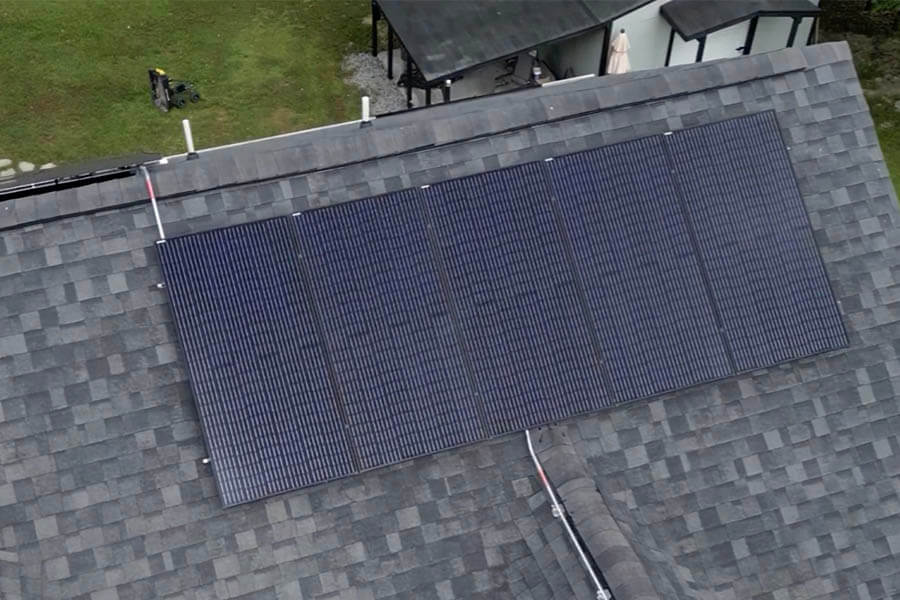
Battery Lifespan and Performance
Batteries are the backbone of any off-grid power storage system, and their lifespan directly influences long-term costs and reliability. Here’s a breakdown of the most common battery technologies:
Lifespan of Common Battery Types
Batteries differ significantly in their lifespans and performance. Understanding these differences helps you choose the most suitable option for your system:
| Battery Type | Lifespan (Years) | Charge Cycles | Efficiency (%) | Key Features |
|---|---|---|---|---|
| Lithium-Ion | 10-15 | >5,000 | ~95 | Lightweight, long lifespan, compact design |
| Lead-Acid | 5-7 | 500-1,000 | ~80 | Affordable upfront cost, heavier design |
| Solid-State | 10-20 | Early adoption | High | High energy density, under development |
| Flow Batteries | 10-20 | Unlimited | 60-75 | Scalable for large systems |
- Lithium-Ion Batteries: With a lifespan of 10-15 years, lithium-ion batteries can endure over 5,000 charge cycles, making them ideal for long-term use in off-grid systems. They also offer high efficiency (~95%) and require minimal maintenance.
- Lead-Acid Batteries: These are more affordable upfront but need frequent replacement due to their shorter lifespan (5-7 years). They also have lower efficiency (~80%) and are bulkier, which can be a limitation for space-constrained setups.
- Flow Batteries: Known for their scalability and long lifespan, flow batteries are suitable for large systems but are less common in residential use due to lower energy density.
Factors Affecting Battery Lifespan
Several factors impact how long a battery lasts and how efficiently it operates:
| Factor | Lithium-Ion Effect | Lead-Acid Effect |
|---|---|---|
| Depth of Discharge | Can handle 80-90% DoD | Performs best at ~50% DoD |
| Temperature Impact | Built-in thermal management, durable | High temperatures accelerate aging |
| Maintenance | Minimal | Requires regular electrolyte checks |
- Depth of Discharge (DoD): This refers to how much of a battery’s capacity is used before recharging. Lithium-ion batteries tolerate deep discharges (up to 90%) without significant damage, while lead-acid batteries perform best when only 50% of their capacity is used.
- Temperature Sensitivity: Extreme temperatures can degrade battery performance. Lithium-ion batteries, equipped with thermal management systems, are better suited for varying climates compared to lead-acid batteries, which degrade faster in high temperatures.
- Maintenance Needs: Lead-acid batteries require periodic maintenance, such as refilling electrolyte levels, while lithium-ion batteries are nearly maintenance-free, reducing the hassle for users.
Battery Safety
Safety is paramount in off-grid power storage systems. Batteries store and release large amounts of energy, and improper handling can pose risks. Below, we address common safety concerns and standards that mitigate these risks:
Common Safety Concerns
| Safety Concern | Lithium-Ion | Lead-Acid |
|---|---|---|
| Thermal Runaway | Managed by advanced BMS systems | Low risk, but potential chemical leaks |
| Fire and Explosion | Higher risk if not properly managed | Minimal, but requires proper handling |
| Chemical Hazards | Contained with proper design | Risk of acid spillage, lead pollution |
- Thermal Runaway: Lithium-ion batteries may overheat if overcharged or physically damaged, potentially leading to fire. However, advanced Battery Management Systems (BMS) effectively prevent such risks by monitoring voltage, temperature, and charge levels.
- Chemical Hazards: Lead-acid batteries pose a risk of acid spillage and lead contamination, requiring careful handling and disposal to avoid environmental harm.
Safety Features and Standards
Modern batteries are equipped with safety measures to minimize risks. Here are some of the key features and international standards:
| Feature/Standard | Description |
|---|---|
| Battery Management Systems (BMS) | Monitors voltage, temperature, and charge levels to prevent overheating |
| IEC 62619 | Ensures safety for lithium-ion batteries in industrial applications |
| UL 1973 | Covers fire and electrical safety for stationary batteries |
| Protective Designs | Includes thermal cutoffs, pressure relief valves, and insulation |
- Battery Management Systems (BMS): These systems play a vital role in maintaining battery safety by preventing overcharging, over-discharging, and overheating.
- Protective Standards: Certifications like IEC 62619 and UL 1973 ensure that batteries meet stringent safety and performance requirements, providing peace of mind for users.
Why Maxbo Chooses Lithium-Ion Batteries
At Maxbo, we choose lithium-ion batteries for our off-grid power storage systems due to their unmatched combination of performance, safety, and longevity. Key reasons include:
- Extended Lifespan: Reducing long-term replacement costs.
- High Efficiency: Ensuring maximum energy utilization.
- Advanced Safety Features: Minimizing risks with cutting-edge BMS technology.
Explore our off-grid solutions and learn more about how Maxbo can provide the perfect energy storage system for your needs at Maxbo Solar.
Conclusion
The success of an off-grid power storage system depends heavily on the choice of battery. By understanding the key aspects of battery lifespan, performance, and safety, you can make an informed decision that ensures reliable energy for years to come. At Maxbo, we specialize in delivering tailored solutions with the highest standards of safety and efficiency. Let us help you achieve true energy independence with our state-of-the-art systems.
Website: www.maxbo-solar.com
Email: [email protected]
Solar System Price for Home Solar System Price for Home Solar System Price for Home Solar System Price for Home Solar System Price for Home Solar System Price for Home Solar System Price for Home Solar System Price for Home Solar System Price for Hom
Solar System Price for Home Solar System Price for Home Solar System Price for Home Solar System Price for Home Solar System Price for Home Solar System Price for Home Solar System Price for Home Solar System Price for Home

